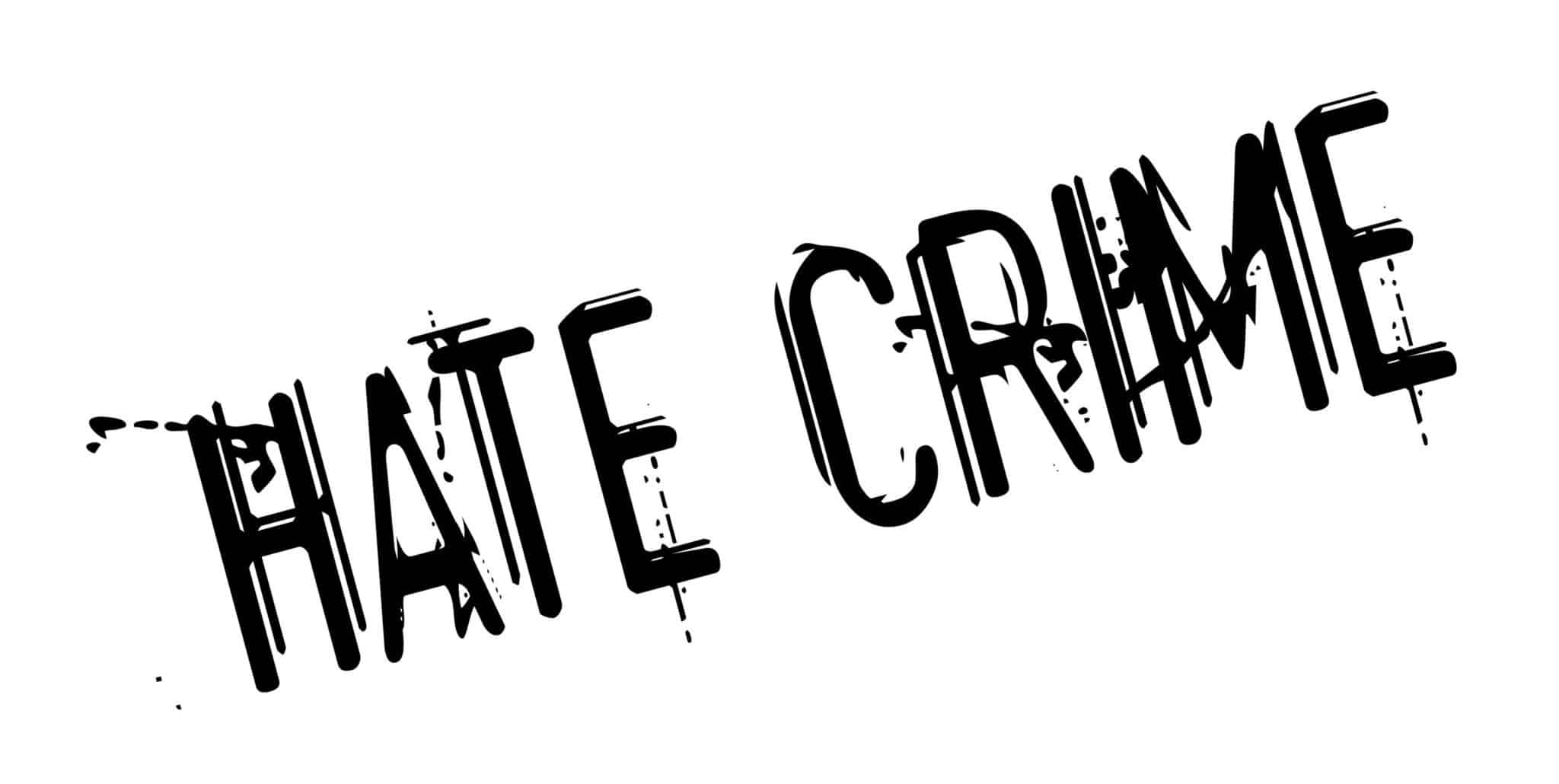Terrorism is a serious charge in the United States. While some associate terrorism with planes flying into buildings or bombs exploding, acts of teror can take on many forms.
Today Americans must deal with domestic terrorism as part of a fixture in our society. Take what happened in Buffalo, New York recently, when an 18-year-old man drove to a grocery store and perpetrated a mass shooting in a supermarket. He killed 10 and wounded many others. While the suspect has already been charged with first-degree murder, he now may face domestic terrorism charges from the federal government.
Here is what you need to know about domestic terrorism in the United States, including how it is defined, how it is charged, and the penalties that can result.
Domestic Act of Terrorism Motivated by Hate
The District Attorney’s office in Erie County, where the crime took place, is looking at charging the suspect with a Domestic Act of Terrorism Motivated by Hate. This is because they believe the suspect drove to the grocery store to shoot people in an attack that was racially motivated. The U.S. Department of Justice is also investigating the act as a hate crime.
A grand jury will evaluate the situation and may approve of these additional charges.
Domestic terrorism is currently defined as “an act that is dangerous to the lives of humans that is a violation of criminal laws of the U.S. as well as any state within it.” The actions are meant to coerce or intimidate the population. However, it’s important to note that, while hate crimes are federal crimes, there is no federal law against domestic terrorism.
In practice, however, the federal government does recognize that domestic terrorism is an act of terror that may be inspired by political motivations inside the country. It’s motivated by hate when an act is perpetrated with the intent of causing serious physical injury or death to five or more people because of their perceived race, ancestry, religion, age, sexual orientation, color, gender, or national origin, whether or not that perception is correct.
Hate Crimes
New York, as well as most states and the federal government, have hate crime laws on the books. Under normal circumstances, the penalty for a hate crime is 10 years in prison. But hate crimes that result in serious outcomes, such as death or sexual assault, can result in a prison sentence of life in prison.
Terrorism also carries with it a penalty of life in prison without parole. While the shooter in the Buffalo case has not yet been charged with any federal crimes, his crimes are seen as racially motivated due to evidence from his social media and own writings. Thus, he will likely face additional federal charges aside from the state charges of first-degree murder he’s officially facing at this moment – charges to which he has pleaded not guilty.
Hate crimes and domestic terrorism are growing problems in the United States. It’s incredible to think that there is not currently a domestic terrorism law under the federal statutes, but that may all be changing with this case – which brings into stark relief that one is needed.





